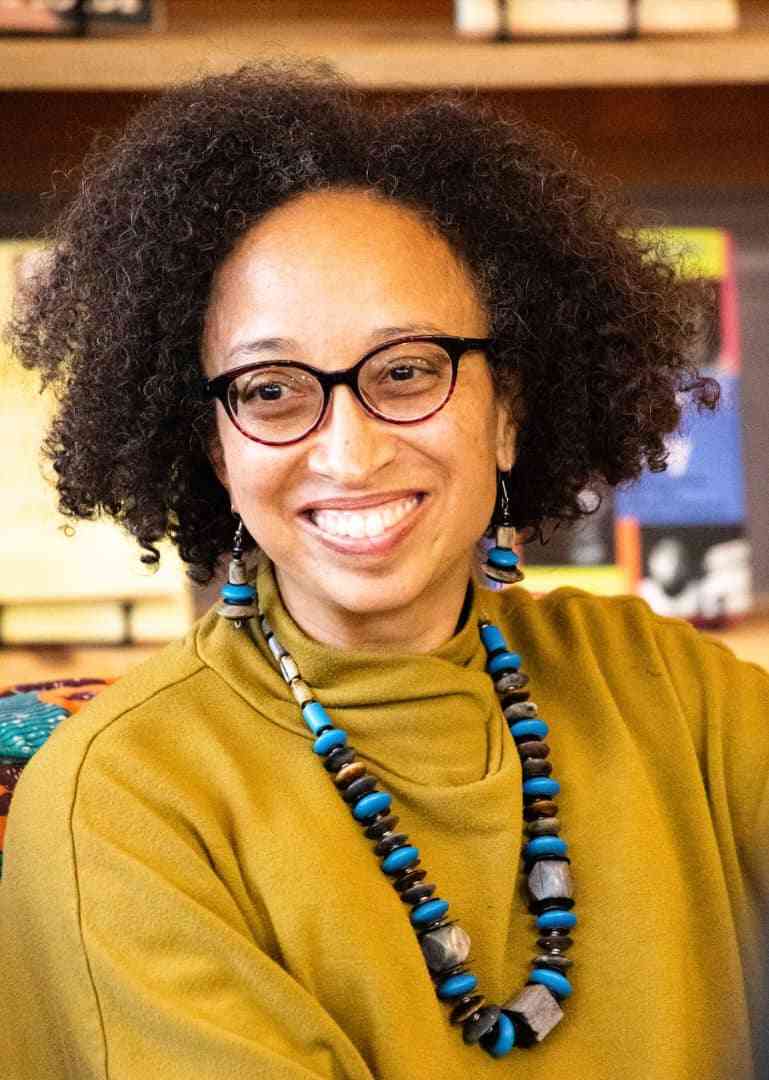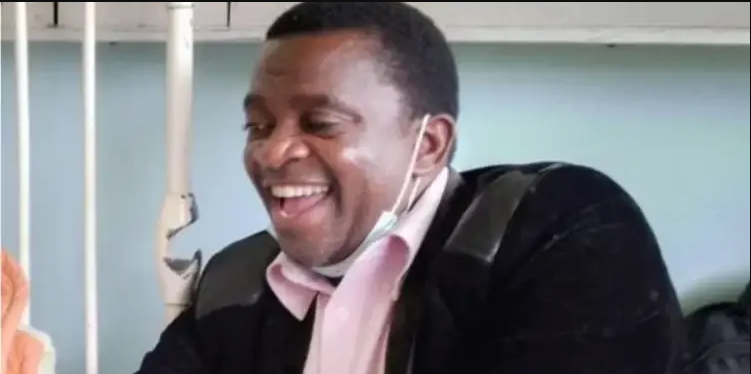The urgency of Zimbabwe’s drug abuse problem among young people cannot be in doubt. Traditional and social media have been awash with reports of young people caught in the act and punished. A school in Harare expelled eight students who brought illegal substances to a school leadership retreat, while Ingutsheni Hospital in Bulawayo reportedly hospitalized seventeen youths who had overdosed on crystal meth.
The dire situation has reached epidemic proportions. Public hospitals are overwhelmed, without adequate staff and facilities, they are unable to admit every patient needing assistance. It is difficult to grasp the scope of the problem as no recent national statistics on drug users are available. However, in 2020 the Ministry of Health and Child Care found that 60% of patients were admitted to mental health institutions for drug-related problems. Since then, the numbers have increased.
Section 3 (2) (g) of the Zimbabwean Constitution mandates state institutions to be responsive to the needs of citizens. In response to the prevailing drug crisis, the government of Zimbabwe launched the Zimbabwe National Drug Master Plan in 2020. The plan provides a national framework for addressing drug abuse by reducing demand, supply, and harm.Since the adoption of the Master Plan, the government has made some efforts to operationalize it.
- CCC Statement on the Barbaric Murder of Bishop Tapfumaneyi Masaya
- Hope Masike On a Nationwide Book Tour
- EU Election Observation Mission deploys 46 long-term observers
- Women and STEM: Breaking Down Barriers to Equality
- EU Election Observation Mission in Zimbabwe to assess the electoral process
In 2021, the President established an inter-ministerial task force to find solutions to the drug and substance abuse plague. During the 2022 National Youth Day commemorations, President Mnangagwa launched a National Anti-Drugs and Substance abuse campaign to raise awareness of their harmful effects. A National Drug Abuse Fund was also established to build rehabilitation centers and help combat and contain drug and substance abuse. In September, the government further launched Operation Clean Up Harare ghetto. The campaign would consist of the following activities that include:
- Upgrading existing mental health institutions where drug users can receive rehabilitation, including child psychiatric hospitals in each province;
- Establishment of support groups within communities for both users and their families;
- Establishment of a national call center for drug and substance abuse which will provide psychosocial and information support services
- Opening of youth centers and strengthening of vocational youth centers
- Revival and expansion of recreational youth opportunities
- Training within workplaces
- Media awareness-raising campaign
The Zimbabwe Republic Police also launched a crackdown on suppliers, arresting ten people for possession of illegal drugs. While the efforts thus far are commendable, there are some notable gaps between policy and practice.
Firstly, the government committed to establishing rehabilitation centers and specialized rehabilitation programs in the Master Plan. Further, they committed to upgrading existing mental health institutions. In the 2023 National Youth day commemorations, the President reiterated this by stating that his government would set up specialized medical facilities to provide services to drug users.
Currently, there are four public health institutions nationally, two in Harare (Parirenyatwa Annex Psychiatric Unit, Sally Mugabe Psychiatric unit), one in Bulawayo (Ingutsheni Psychiatric Hospital), and one in Masvingo (Ngomahuru Hospital and Halfway House). Since the plan's adoption in 2021, all institutions still need to be upgraded and new ones constructed. In the face of growing drug use, there is an urgent need for more public rehabilitation centers that are affordable and accessible to the majority. Four institutions are inadequate to serve the crisis currently affecting youth nationally. There is a need to construct rehabilitation centers and ensure every province is served by one.
Psychosocial support for the mental well-being of drug users and their families is a key intervention. It can aid identification and treatment of the problem. As a way to reduce the demand for drugs, the Master Plan provides for the establishment of family support groups to address the negative impacts of drug abuse on users' families and their communities. Additionally, the government announced that a National Call Centre would be established to provide over-the-phone psychosocial support and information. Psychosocial support services are unaffordable to most ordinary Zimbabweans. This would be a welcome development that would ease access to it affordably. The National Call Centre is urgently needed, but has not yet been established.
High unemployment is a major driver of drug use, leaving young people without a beneficial occupation. Among the government's commitments was the rehabilitation and construction of infrastructure to support young people's recreational and vocational opportunities. Several public recreational centers have been derelict for years. Major facilities such as the Chitungwiza Aquatic Complex, and Magamba hockey stadium have become derelict. Some have been condemned, and utilized for other purposes, such as music shows. In 2022 the Masvingo and Provincial Affairs and Devolution Minister revealed that the government had established 48 vocational training centers countrywide. This is useful in empowering young people with skills. There is a need for more information on these programs and efforts to be made to improve accessibility so that more young people can benefit from them.
Earlier this year, the government launched a crackdown on drug suppliers, with some arrests being made. At this year's National Youth Day celebrations, the President proclaimed his administration’s tough stance on law enforcement. Relevant agencies will tighten border security, and review legislation and related policies. He also urged the public to participate in the fight by reporting drug dealers. This is a good first step, but they are wasted without an intention to arrest supply from the chief source.
The government’s efforts and resources must be directed towards the arrest and prosecution of the chief sources of illegal drugs, their networks and allies. Some legislation currently regulating drug control dates back to 1991 such as the Medicines and Allied Substances Control General Regulations and the Medicines and Allied Substances Control (Import and Export of Precursors and Certain Chemical Substances) Regulations, Statutory Instrument enacted in 2008. Law enforcement must be complemented by appropriate and relevant laws. There is therefore a need to update legislation so that the government's efforts will not be in vain.
As the article highlighted, the government has a plan to address drug abuse in Zimbabwe. There is a common saying that goes “walk the talk”. the government must walk the talk and turn these commitments into meaningful action. It is our role, right, and responsibility to hold them accountable and see that they deliver on their promises for the good of our society.
Tinotenda Chishiri is the CivActs Program Officer at Accountability Lab Zimbabwe. She is a political scientist and a Human Rights, Peace and Development researcher.














